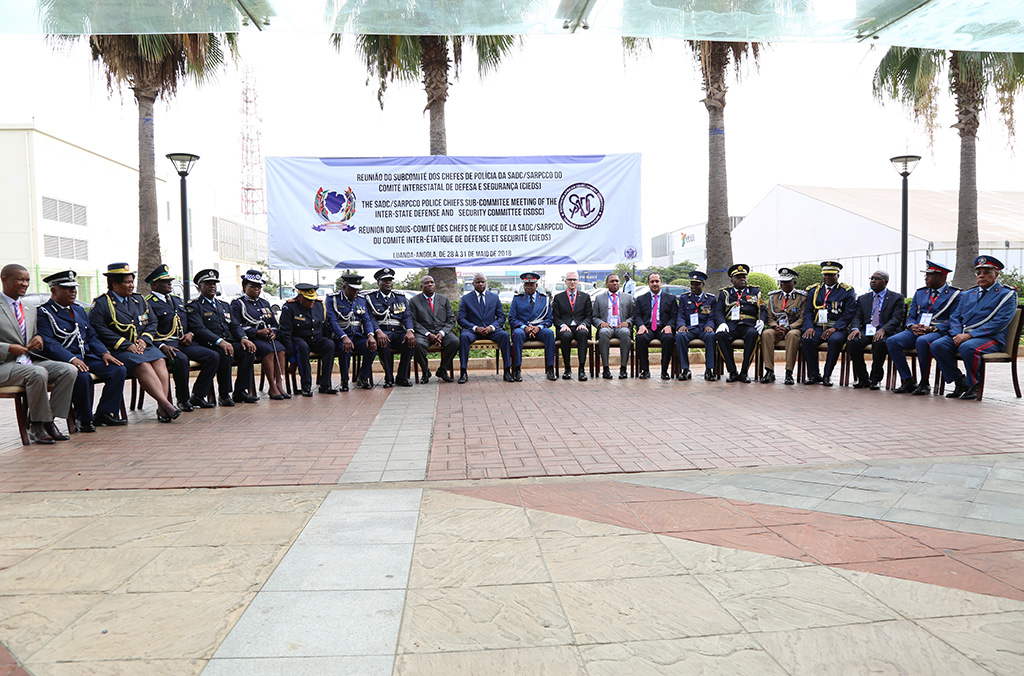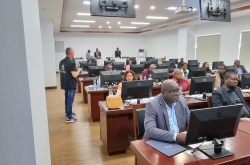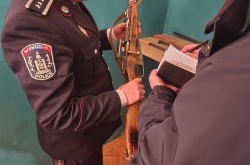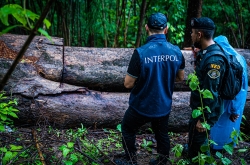LUANDA, Angola – Addressing the Southern Africa Development Community police chiefs, INTERPOL Secretary General Jürgen Stock outlined a range of initiatives developed by the world police body to boost cooperation across the region and beyond.
Launched in March of this year, the I-ONE project will see the modernization of 31 National Central Bureaus (NCBs) throughout Africa, nine of which in Southern Africa. The NCBs will be provided with new equipment so they can better use INTERPOL police services and capabilities.
The project will also see frontline police at airports, seaports and land border crossings given access to INTERPOL’s secure global police communications network, I-24/7. This will enable officers to check vital police information in INTERPOL’s databases, meaning they can instantaneously detect criminals or criminal activity.
The INTERPOL Chief also underlined the organization’s ongoing commitment to supporting cross-border operations, such as the Usalama series jointly led by the Eastern Africa Police Chiefs Cooperation Organization (EAPCCO) and the Southern African Regional Police Chiefs Cooperation Organization (SARPCCO).
Targeting transnational crimes including human, drug and arms trafficking, people smuggling, terrorism, car theft and environmental crime, since 2013 the Usalama operations have resulted in thousands of arrests across Eastern and Southern Africa.
“It is this strength of regional and international police cooperation which will help devise the global security architecture of the future,” said Secretary General Stock told the SADC annual general meeting.
The INTERPOL Chief also pointed to the Organization’s role in Project ENACT: enhancing Africa’s capacity to respond more effectively to transnational organized crime.
Implemented under the umbrella of the European Union (EU) Pan-African Programme, the three-year project (2017-2019) is working to tackle the impact of transnational organized crime on development, governance, security and the rule of law in Africa.
INTERPOL’s role is to assist police in Africa to adopt proactive strategies to combat organized crime threats, facilitate information exchange and improve their investigative skills. Key elements include;
- Criminal analysis training and mentoring;
- Providing equipment to targeted countries to set up analytical units;
- Creating a secure analysis platform;
- Bringing together heads of analytical units across Africa.
The ENACT project is funded by the EU and implemented by INTERPOL and the Institute for Security Studies, in partnership with the Global Initiative Against Transnational Organized Crime. It is the first development-focused project which covers the entire African continent.









